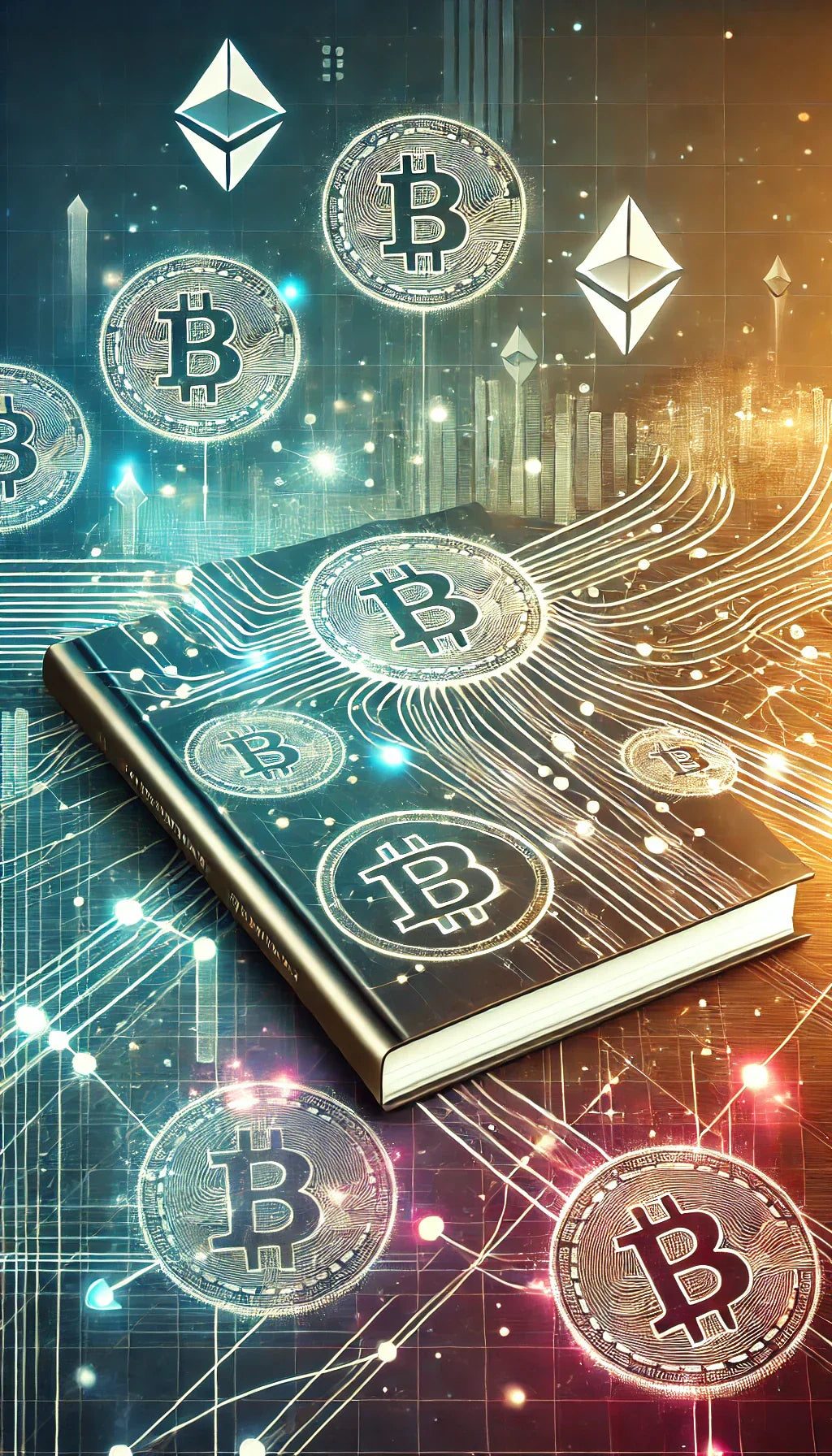
What is DeFi? A Beginner's Guide to Decentralized Finance
Share
What is DeFi? A Beginner's Guide to Decentralized Finance
In recent years, decentralized finance, or DeFi, has been making waves in the financial world. But what exactly is DeFi, and why is it such a big deal? If you’ve heard the term floating around in crypto circles but aren't quite sure what it means, you're not alone. In this guide, we'll break down the basics of DeFi, explain why it's important, and show you how it differs from traditional finance.
What is DeFi?
Decentralized finance, often shortened to DeFi, refers to a system of financial products and services that are built on blockchain technology—specifically on decentralized networks like Ethereum. Unlike traditional finance (TradFi), where banks or financial institutions serve as intermediaries, DeFi operates without a middleman.
Simply put, DeFi gives people the ability to lend, borrow, trade, and invest directly with others through decentralized platforms, using cryptocurrency as the medium of exchange. These platforms are powered by smart contracts, which are self-executing agreements coded on the blockchain. Once certain conditions are met, these contracts automatically perform actions like transferring funds, ensuring a seamless and trustless financial interaction.
Why Does DeFi Matter?
DeFi is revolutionary because it opens up financial systems to anyone with an internet connection. Whether you're in a remote area or in a country with limited access to banking services, DeFi removes the barriers to participation. Here’s why DeFi is gaining attention:
No Middlemen: Traditional finance requires banks, brokers, or payment processors to facilitate transactions. DeFi removes these intermediaries, reducing costs and speeding up processes. Instead, smart contracts do the work, ensuring that agreements are enforced automatically and transparently.
Financial Freedom: In DeFi, you hold complete control of your assets. You don’t need to trust a bank or institution to safeguard your money. It's stored in a digital wallet that you fully control, allowing you to send, receive, or invest without relying on a third party.
Global Access: Whether you're in New York or a rural village in Kenya, DeFi allows access to a range of financial services without the need for a traditional bank account. All you need is an internet connection and a crypto wallet.
Higher Returns: Because DeFi platforms remove intermediaries, investors can often get better returns through activities like staking or yield farming. These activities involve lending your crypto assets or providing liquidity to decentralized platforms in exchange for rewards.
How Does DeFi Differ from Traditional Finance?
Let’s break down some of the key differences between DeFi and Traditional Finance (TradFi):
Ownership of Assets: In TradFi, banks and financial institutions hold your funds. If they collapse, you could lose access to your money. In DeFi, you own your assets, stored securely in a crypto wallet.
Access to Services: In TradFi, there are often barriers to entry, such as strict credit checks or geographical restrictions. In DeFi, anyone with a crypto wallet can access financial services regardless of location or credit history.
Transparency: DeFi is built on blockchain technology, which provides complete transparency. All transactions are recorded on a public ledger, so anyone can verify them. TradFi, on the other hand, is often opaque, with transactions and processes hidden from public view.
How Do You Get Started with DeFi?
If DeFi has piqued your interest, you might be wondering how to get involved. Here are some simple steps to get started:
Set Up a Crypto Wallet: To interact with DeFi platforms, you need a non-custodial wallet like MetaMask or Trust Wallet. This is where you'll store your cryptocurrencies and interact with decentralized apps (dApps). Make sure to safely store your private keys and seed phrases—losing these means losing access to your funds.
Buy Some Crypto: You’ll need to purchase some cryptocurrency (typically ETH for Ethereum-based platforms or BNB for Binance Smart Chain-based platforms). You can buy crypto on an exchange like Coinbase or Binance and transfer it to your wallet.
Explore DeFi Platforms: There are various DeFi platforms offering a range of services. Here are a few categories to get you started:
Lending and Borrowing: Platforms like Aave and Compound allow you to lend your assets for interest or borrow crypto using your own assets as collateral.
Decentralized Exchanges (DEXs): Trade crypto directly from your wallet on platforms like Uniswap or SushiSwap without needing a traditional exchange.
Yield Farming and Staking: Yearn.Finance and other platforms offer yield farming opportunities, where you can earn interest on your crypto by providing liquidity to DeFi protocols.
Potential Risks in DeFi
While DeFi offers exciting opportunities, it’s essential to be aware of the risks:
Smart Contract Vulnerabilities: While smart contracts eliminate the need for middlemen, they are still prone to bugs or exploits. Always check whether a DeFi platform's code has been audited by a reputable firm.
Market Volatility: Cryptocurrencies are known for their price volatility. While this can lead to high rewards, it also increases the risk of losses.
Impermanent Loss: If you participate in liquidity pools, be aware of impermanent loss, which occurs when the value of your deposited assets fluctuates compared to holding them directly.
Conclusion
DeFi is a game-changer, democratizing access to financial services and offering new opportunities for earning and growing wealth. As with any financial venture, it’s essential to do your research, start small, and stay informed about the risks. With the right knowledge, DeFi can be a powerful tool for financial independence.
Whether you’re a seasoned crypto investor or just getting started, DeFi is reshaping how we think about finance. Ready to dive in? The world of decentralized finance awaits!